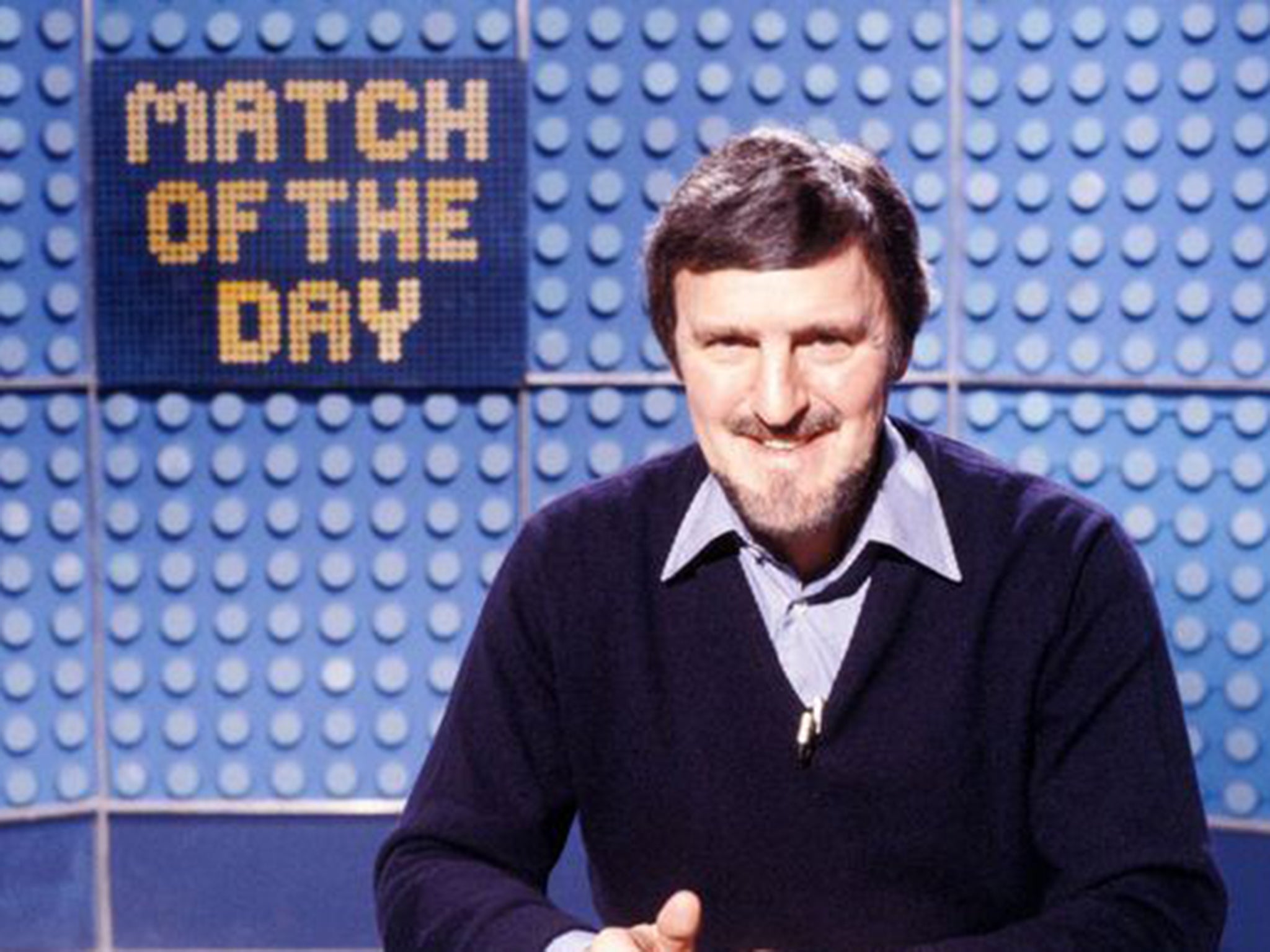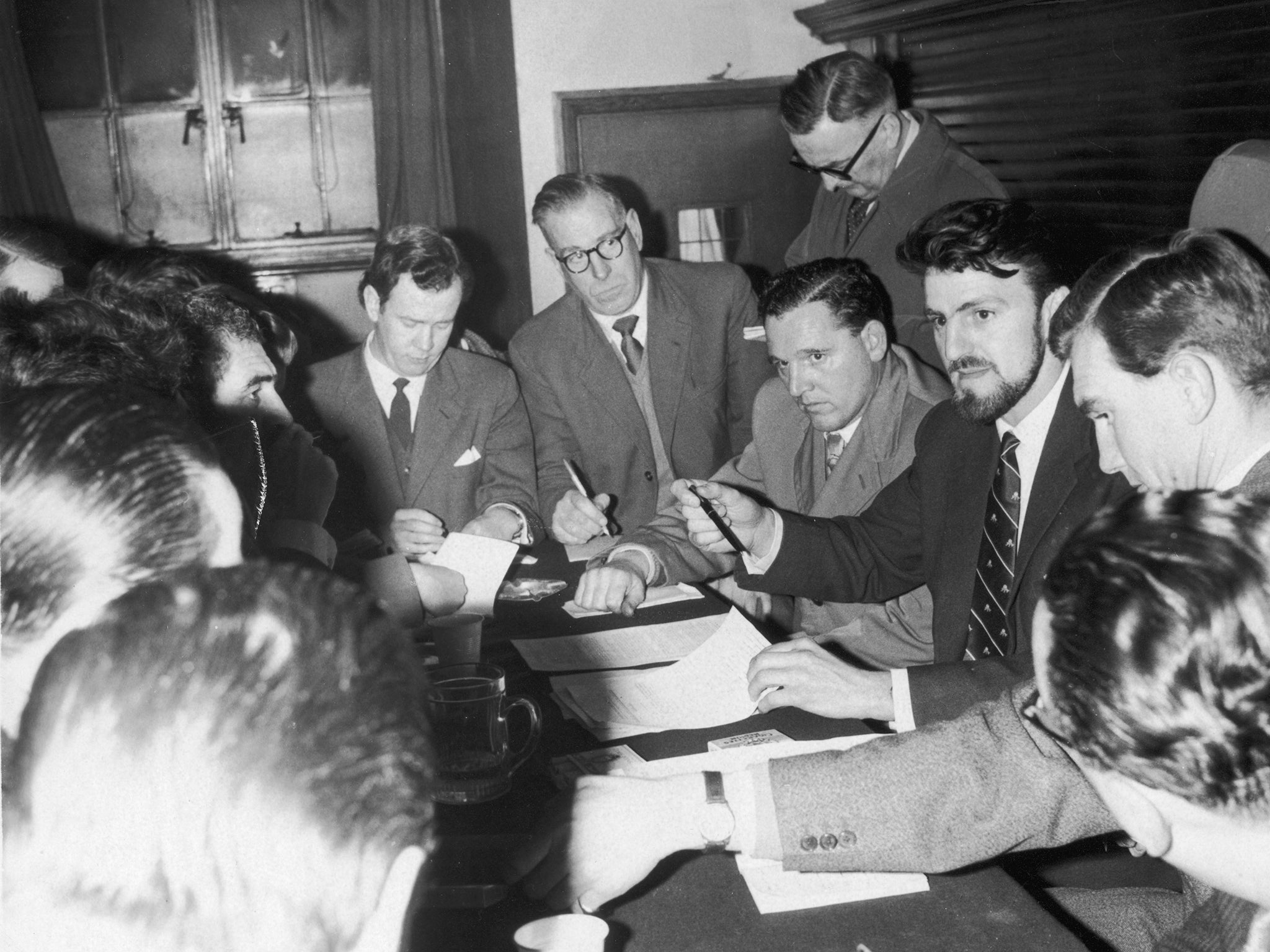Football legend Jimmy Hill died today aged 87 following a battle with Alzheimer's disease.
Hill, the former Coventry City manager and Match of the Day presenter, was diagnosed in 2008 and had been living in a nursing home in Sussex.
What many, especially younger fans, will not know is that Hill was responsible for numerous changes that made football what it is today.
Hill enjoyed a moderate career at Brentford and then Fulham, but it was off the pitch where his smarts and innovative thinking changed the game for good.
WAGES
Hill was named as the Chairman of the Professional Footballers' Association (PFA) in 1957. At the time of his appointment wages were capped at a maximum of £20 a week - Hill led the fight to break the wage barrier.
In 1961, under the threat of strike, an agreement was made between Hill and the clubs to scrap the capped fees. England captain Johnny Haynes, a former team-mate of Hill's, became the first player to earn £100 a week.
Annual salaries for footballers now run into the millions.
INNOVATOR
Hill became manager of Coventry City, leading the club through something called the Sky Blue Revolution, work he continued as chairman of the club.
He made numerous changes to the club that seem commonplace in stadiums around the world now, including club hospitality, a new kit, a club song, club radio and a mascot.
Before he took over the media was banned from access at football grounds and were unable to interview players - he lifted those bans and Coventry were the first club to invite camera crews into the grounds. Other teams soon followed.
Coventry, like most clubs, had been male dominated, Hill made the stadium more family friendly for women and children, selling fizzy drinks and snacks and getting pop stars to perform.
Highfield Road boasted the country's first electronic scoreboard and was the first to show a live match, via CCTV.
Coventry also introduced the first full colour matchday programme and Highfield Road was the first all-seater stadium in the UK, completed in 1981. The Hillsborough disaster led to an introduction of all-seat stadiums throughout the UK in 1990.

BROADCASTER
As the Head of Sport for ITV, Hill made several important changes to the way the game was watched on TV. He introduced panels and pundits for the 1970 World Cup (imagine watching a game without them now).
Hill then moved to the BBC to become presenter of Match of the Day, quickly becoming a favourite of the nation.
He spent 15 years as the main presenter, before being replaced by Des Lynam in 1988, racking up more than 600 appearances on the show.
Hill was also a presenter or analyst on every major international tournament from 1966 to 1998.

POINTS
Arguably his most important change, one that changed the course of football history and trophies, Hill was the leading voice in lobbying for the Football Association to reward attacking play by getting more points for a win.
Up to 1980, two points would be given for a win and one for a draw. The English Football League made the change to three points for a win in 1981, a move that was finally embraced fully by Fifa in 1995 - it is now standard practice at every level of the game.
Hill also called for substitutions and for relegation and promotion to be introduced to add excitement until the end of the season.

Join our commenting forum
Join thought-provoking conversations, follow other Independent readers and see their replies
Comments